If you know various areas of the law, that’s sometimes useful, even if you’re not a lawyer. For instance, if the police pull you over, knowing your rights can help you. If a police officer stops you on the sidewalk and demands that you turn out your pockets, knowing the law can help you there as well.
If you know business law, that can certainly help, particularly if you start your own company. It’s like how knowing the law can help you with collecting damages after a commercial truck accident. The more knowledge you have about legal topics, the more confidently you can conduct your business.
Let’s talk about specific ways having knowledge of business law can assist you if you start your own company.
You Can Avoid Many Legal Risks
If you know business law, and you start your own company, you will know about several things you must legally do that someone without this knowledge might not know. For instance, you may already know that you need to get worker’s compensation insurance for your employees. Perhaps you’ll even know the amount of coverage per worker that your state’s law mandates that you carry.
You will also know the regulatory boundaries in which you must operate. You will know what entities govern your actions and when you must let them access your company’s property to check for compliance with various ordinances.
You Will Know What Clauses Need to Go into Contracts
If you start your own company, then you will probably sign contracts with various individuals and entities. For instance, you will hire workers and offer them employment contracts. You might also go under contract with entities that provide the raw materials for your physical products, if
you make any.

You may have contracts with entities that will ship your products. You might have additional contracts with the stores that agree to carry your merchandise.
You would need a lawyer to look at every one of these contracts if you did not know about business law. With that knowledge, though, you can look at the documentation and see whether it is all in order. If you notice anything glaring, then you can make the necessary changes.
You still should hire a lawyer to double check every contract, but you will at least know some basics regarding what looks right and what doesn’t.
You Can Navigate Disputes More Effectively
In business, it’s likely you will have disputes at some point. Even if you go into an industry with the best intentions and try to conduct everything by the book, you might have a disagreement with someone. Maybe that’s a transportation company, a supplier, some of your workers, etc.
If you know business law, then you will go into these disputes and the negotiations that they usually necessitate with a distinct advantage. It’s true that you can still hire a lawyer to help you if you know something about business law, but not all of its finer points.
Even if you only know some business law basics, though, that rudimentary knowledge should help you. You will probably know going into a dispute or negotiation the legal options that you have and also which ones you don’t. You can think on your feet and respond quickly if the individual or entity with whom you disagree makes a demand.
You Can Have Better Strategic Planning That Makes Growth Possible
As a company owner, maybe you feel okay operating in a certain limited area or capacity. Maybe you feel like you want to expand at some point, though. If you have ambition, that’s highly likely.
If you plan to spearhead growth into new markets or territories, you will need business plans. You can create those much more confidently if you know business law.
You can create a plan’s framework and talk about it with your business partners or any decisionmakers with whom you’re collaborating. You do not need to hire someone to do it for you because you already know many of the laws governing what you’re trying to do.
Your growth strategy will have legal precedent behind it. You’ll know that you’re not unintentionally doing anything illegal or unethical.
You Can Manage Employees and Solve Disputes More Easily
Your workers will probably like you more as well. That’s because, if they ever have an issue that they want you to rectify, you can operate quickly within the framework of the law to do it.
Since you know what laws protect employees, you will work within those laws. You can avoid legal complications regarding hiring practices or terminations as well.

If you must ever let an employee go, you can do so with the law’s full strength behind you. That will make your remaining workforce stronger, since you can quickly get rid of anyone expediently who’s not working out.
If you have two employees not getting along, you will know the law, so you can intervene and suggest a satisfactory resolution.
You Can Use Only Ethical Business Practices
You also probably want the public to see your company as an entity that follows ethical business practices. The average company owner knows about them, even if not all owners necessarily follow them.
If you operate within legal, ethical business practices, you will not just make sure that you stay on the good side of the federal government and various watchdog groups. You can also earn the public’s trust.
The average customer will see that you make a point of emphasizing consumer protections, that you use fair trade practices, that you treat your workers with respect, and so forth. If you follow the law in all areas of your business, then your company should have a sterling reputation.
You can use that to gain more exposure and to gain ground on any close competitors in your niche. You can leverage your business law knowledge in a myriad of ways as a company owner.



